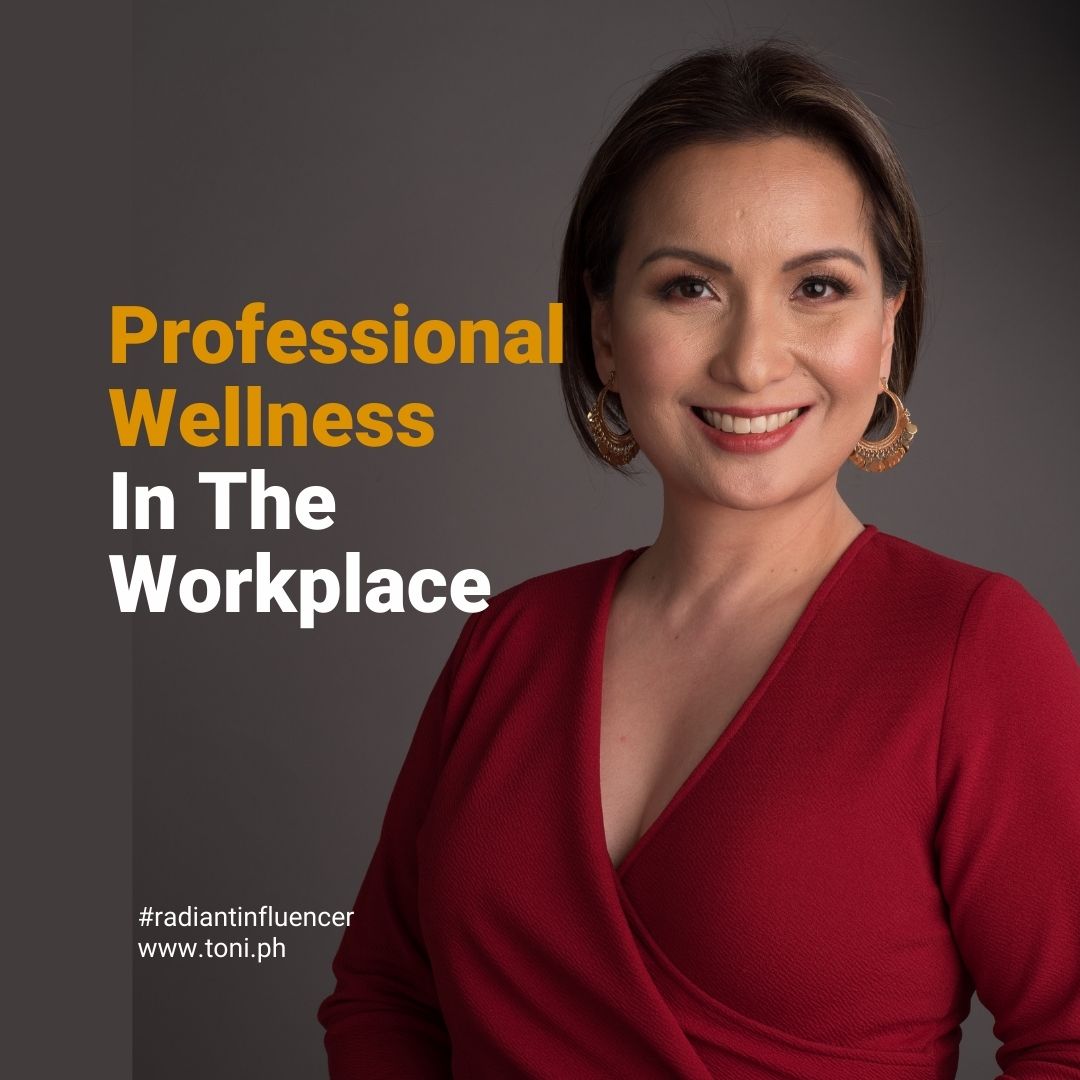Professional well being is one of the dimensions contributing to your holistic health. You cannot achieve overall wellness without having balance in each dimension of your life. This article will explore how to cultivate professional wellness in the workplace.
Organizations and professional associations are turning their attention to the well-being of their members and staff. This development is in keeping with a wider social move towards better understanding and supporting good mental health.
Many factors contribute to Professional Wellness. This includes your mindset about your workplace, the work you do, and the people you work with. Your ability to weather the ups and downs of your professional life contributes to your overall job satisfaction as well.
First, let’s discover the 7 wellness dimensions in life followed by the stressors in the workplace. At the end of the article, we’ll give you some tips on how to live a balanced life that achieves professional wellness.
The 7 Wellness Dimensions In Life
Social
Social wellness is the ability to relate and connect with other people, at work, at home, in our neighborhoods, etc. It’s about building and maintaining positive relationships that add value to our and other people’s lives.
This is important because we are social beings. And part of our professional wellness is social interaction. Without it, you will feel isolated and have an overall feeling of unacceptance.
Emotional
One of the dimensions of wellness is the emotional aspect of our life. Emotional wellness is our own ability to understand, cope, and deal with the challenges and obstacles life and work bring.
It is important to be attentive to both positive and negative feelings and be able to understand how to handle these emotions. Emotional wellness also includes the ability to learn and grow from experiences.
Physical
Physical wellness inspires self-care, relaxation, and stress reduction. It’s important to take your physical appearance into account especially since you are a professional. When you look like a professional, people around you will respect you more and treat you better.
Mental
The mental facet of our life speaks about psychological well-being. It affects how we think, feel, and ultimately, act. It also helps determine how we handle stress, relate to others, and make choices.
Mental health is important at every stage of life, from childhood and adolescence through adulthood. The reason is because what happened to you in the past will inevitably affect the decisions and actions you take in the future.
Spiritual
Spiritual wellness is described differently by each person. But the concept generally relates to one’s sense of purpose, life’s meaning, and overall self-awareness. There are people who cultivate their spiritual well-being through meditation, prayers, or other rituals. It’s important to respect these practices, especially in the workplace.
Environmental
The environmental aspect speaks about living a lifestyle that is respectful of our surroundings. This realm encourages us to live in harmony with the Earth by taking action to protect it. Environmental well-being promotes interaction with nature and your personal environment.
Occupational
Occupational wellness is about getting an equilibrium between work and leisure time. It means handling workplace stress and making good relationships with coworkers.
You are going to be working for a big portion of your life. This is why it’s important to choose and build a career on something that interests you. And it’s recommended that you build it with other people you can nurture a professional relationship with.
Stressors in the workplace
We spend roughly one third of our adult lives at work. It’s no wonder that workplace stress factors heavily impact both our physical and mental health.
In reality, the do-nothing attitude is causing loss of productivity. Examples are unhealthy workplace relationships, employee turnovers, absenteeism, and increased healthcare costs. A simple examination of your business can eliminate or highly reduce this silent productivity killer.
Here are four of the most common workplace stressors:
Physical Health / Relationships
When people don’t feel good about themselves, they get stressed. When they get stressed, many seek instant gratification. Some go shopping, eat food, drink, smoke, etc.
These acts do not only reduce stress but they compound it. As a manager, you may feel that the personal well-being of your employees is none of your business. However, in fact, most employees spend most of their waking hours at work. And their personal status not only affects their work, but also the entire company’s performance.
Workload
Heavy workload and long hours make for over-tired and stressed employees. If you have too great a workload, you’ll want to focus on prioritization to start with. As a leader, it’s important to train your people on how to manage their workloads. As a result, it will reduce the intensity of stress they experience.
Random Interruptions
Interruptions keep employees from getting their work done on time. Examples are telephone calls, walk-in visits, and supervisor’s demands. This may be hard to mitigate, but it can be reduced.
One of the best ways is to teach your people to manage their time and focus on one project at a time. Multitasking is simply interruptions disguised as productivity. In the end, the performance of your people will suffer if they keep jumping from one task to another.
Lack of Knowledge
People get stressed out when they don’t have the right expertise to deal with the situation. They are stressed because they are not confident to do their job. This is why now more than ever, investing in learning and development is important.
Without the right competencies, you can’t expect your people to perform at the optimum level. This is why you need to train both their technical skills and soft-skills. Both are critical to their success.
How to maintain work-life balance
Often, work takes precedence over everything else in our lives. Our desire to succeed professionally can push us to set aside our own well-being.
Creating a work-life balance is critical to improve our professional wellness. So here are four ways to create a better work-life balance for your life and most importantly, your career:
Accept That There Is No ‘Perfect’ Work-life Balance
When you hear “work-life balance,” you probably imagine having a perfect day. An extremely productive day at work, and leaving early to spend your free time with friends and family. While this may seem ideal, it is not always possible.
Don’t strive for the perfect schedule but strive for a realistic one. Balance is achieved over time, not overnight.
Manage Your Time Well
Whether you are at home or at the office, it is critical to make use of your time efficiently. Remote workers, or individuals who work from home may have a more difficult time drawing a line between work and life. But knowing how to manage your time well and prioritize is the key to having work-life balance.
Remember, time is the most valuable commodity in life. It is the one thing you cannot buy more of.
Let Go Of Perfectionism
A lot of overachievers develop perfectionist tendencies at a young age. Especially when demands of their time focused on school and an after-school job.
It’s easier to maintain that perfectionist habit as a kid. But as you grow up, life gets more complicated. Perfectionism becomes out of reach, and if that habit is left unchecked, it can become destructive.
It’s impossible to make things perfect. You must accept that there is no “perfection” other than it hinders you to perform well.
Set Career Goals
In order to stay satisfied at your place of work, you must be forward-thinking. You must have goals and a vision for yourself at your company. It is nearly impossible to stay positive and motivated without looking at what the future holds.
You spend at least 40 hours a week committed to your career, take a few minutes each week to set both short and long term goals for yourself. Then watch your motivation levels dramatically increase.
Final Thoughts On Professional Wellness
The reasons to take professional wellness seriously are plenty. As a leader, your influence and care to your people’s well-being is of utmost importance. Your people will inevitably model what you are doing. If you’re showing poor wellness in different aspects of your life, it will overflow to them.
If you want to build and maintain a healthy working environment, you must advocate for your employees’ wellness.



